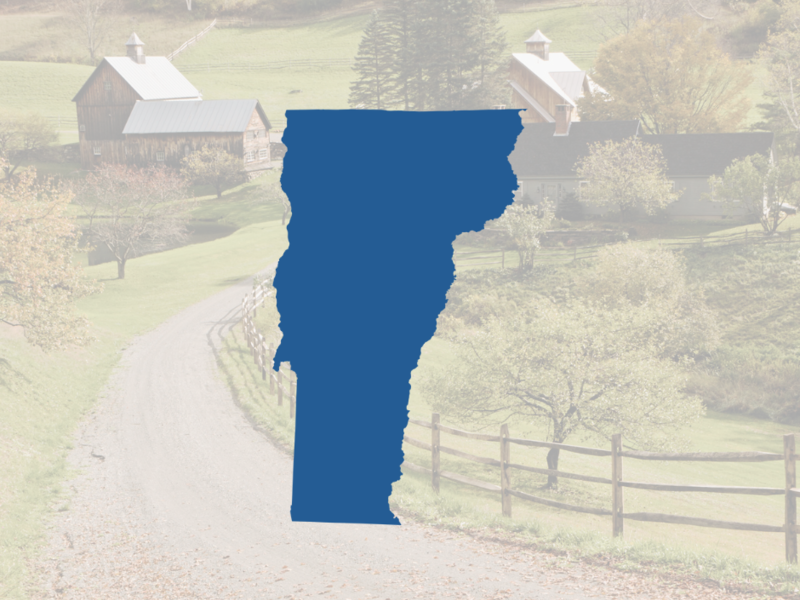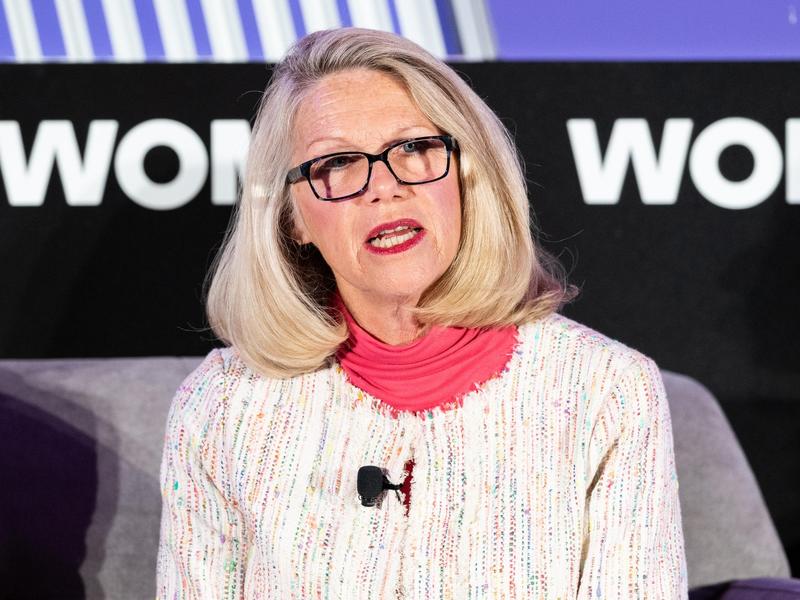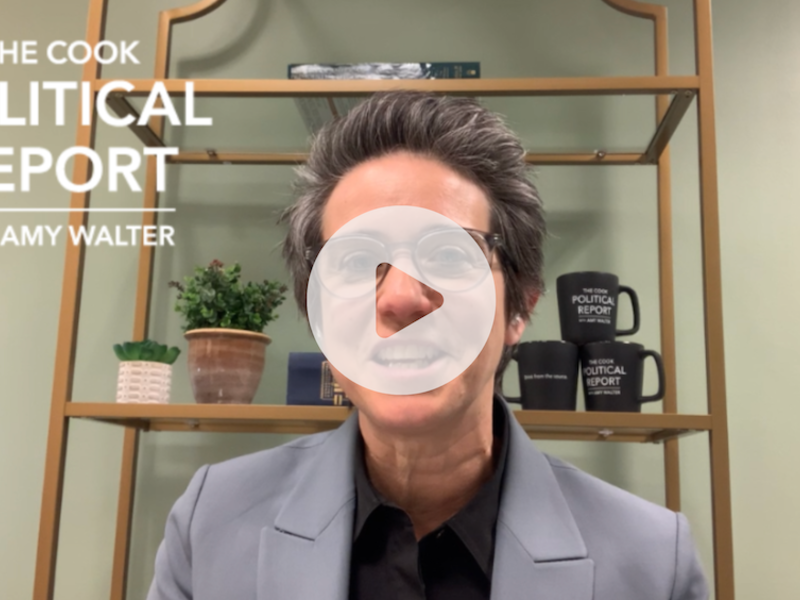
With the chances of Democrats capturing control of the House edging from a possibility to a probability, and a Democratic majority in the Senate now quite plausible—though still under 50-50—it’s a good time for Democrats to reflect on which version of their party might become part of the governing process.
It is not clear that Democrats fully understood why they lost the last presidential election and why their congressional gains were so paltry—picking up just two Senate and six House seats, far fewer than expected. They are quick to blame Hillary Clinton, and she certainly carried a lot of baggage into the election even before the mistakes her campaign made. Democrats blame the Russians and then-FBI Director James Comey, too. And given that the election was effectively settled by fewer than 78,000 votes scattered across Pennsylvania, Wisconsin, and Michigan, almost anything and everything could be said to have made the difference. It is quite convenient for Democrats to shift the blame, but was it really just Clinton, Comey, and the Russians who contributed to their disappointing election?
While there were plenty of positive and important things that President Obama and his administration did or tried to do over his eight years, a good case can be made that some things done or attempted helped create a political climate that led to the election of Donald Trump, who is in many ways the antithesis of 44th president. Is Newton’s third law of motion—for every action there is an equal and opposite reaction—applicable to politics? Was there policy overreach during the eight years of Obama, pushing the envelope just a bit too far, creating a backlash? Were there regulatory excesses that alienated businesspeople who may have had plenty of reservations about Donald Trump but held their noses and voted for him anyway?
It certainly isn’t hard to find business folks who at the time didn’t see eye-to-eye with President Clinton and his administration, but now believe that he was far more sensitive to the implications of federal policy on their ability and willingness to hire, expand, and invest in their businesses. Even within certain elements of organized labor there is a feeling of Obama administration overreach, particularly on environmental and energy policy. I met last week with leaders and members of a manufacturing union that was still livid over the Obama administration’s “war on coal” that they believe put many of their members out of work or cut their hours. Other union members felt shafted by the torpedoing of the TransCanada pipeline under the previous regime. “All things in moderation” was not necessarily the motto for the Democratic Party during the eight years leading into the 2016 election.
A recent article by University of Pennsylvania political scientist Diana Mutz published by the Proceedings of the National Academy of Sciences challenges the popular thesis that the 2016 election turned on certain voters feeling “left behind” economically, that they or others close to them lost jobs or experienced stagnant wages due to the loss of manufacturing jobs. Instead, the article posits that voters were driven by a feeling of loss of status. Mutz suggested that “traditionally high-status Americans”—whites, Christians, and men—felt threatened: “Candidate preferences in 2016 reflected increasing anxiety among high-status groups rather than complaints about past treatment among low-status groups. Both growing domestic racial diversity and globalization contributed to a sense that white Americans are under siege by these engines of change.” Mutz used national panel studies of Americans interviewed in 2012 and again in 2016 to support her conclusions.
Reading the article, my interpretation is that it is wrong to say it was either one or the other; that there could well be truth in both theses; that a national poll might not be the best vehicle to explore an election outcome that was fundamentally settled in three states; that those who felt economically left behind might well be disproportionately located in states historically dependent upon manufacturing—Michigan, Pennsylvania, and Wisconsin; and that energy and environmental policies might have been felt more in those three states than in many of the other 47.
Our country is bitterly and fairly evenly divided along partisan and ideological lines. Under these circumstances, overreach by either Republicans to the right or Democrats toward the left can have serious electoral consequences. It doesn’t take that much to alter the balance. Even in one-party states there is risk in overreaching: Witness teacher revolts in conservative and very Republican states like Arizona, Kentucky, Oklahoma, and West Virginia. The zeal to cut taxes and cut budgets, spending less on certain things like teacher pay, for example, can go too far even in red states. But this can go both ways; it might not be an accident or random chance that the three most popular governors in America are moderate Republican governors in very Democratic states—Charlie Baker in Massachusetts, Larry Hogan in Maryland, and Phil Scott in Vermont. Could it be voters are seeking moderation, checks and balances?
As Democrats seek to win power this year and to recapture the White House in 2020, the question of pragmatism versus self-indulgence is a real and important one. A bit of self-reflection rather than just scapegoating might be in order.
This story was originally published on nationaljournal.com on May 1, 2018








Subscribe Today
Our subscribers have first access to individual race pages for each House, Senate and Governors race, which will include race ratings (each race is rated on a seven-point scale) and a narrative analysis pertaining to that race.